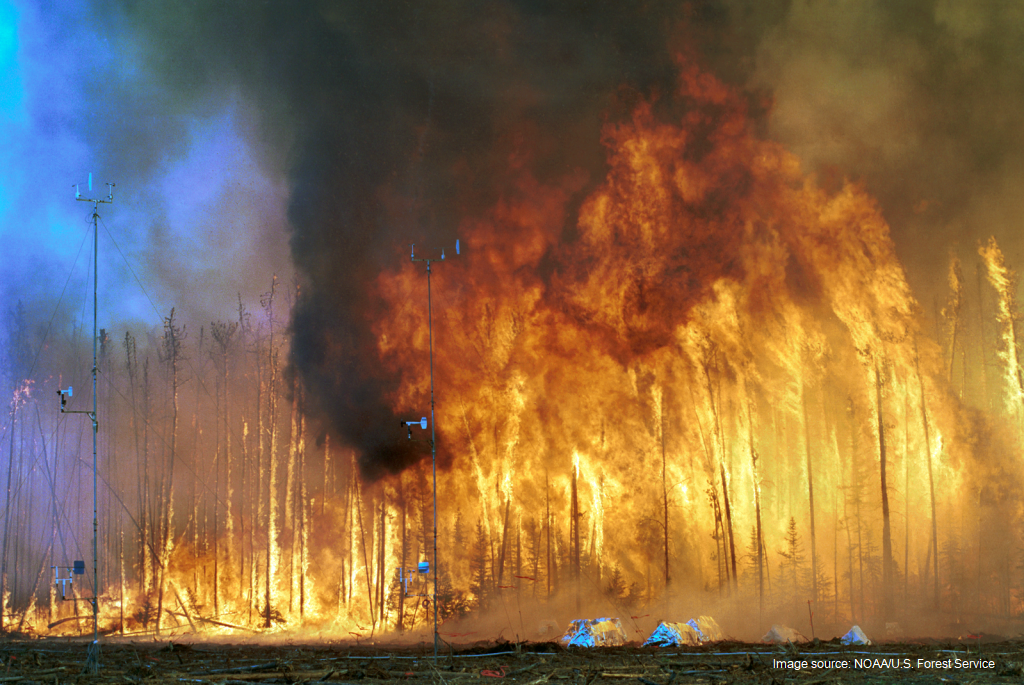The BBC reports about a survey of 10,000 young people in 10 different countries shows high level of stress and anxiety about climate change, much of it in response to governments’ failure to act on climate change. The young people who participated were age 16-25.
The survey found extreme levels of stress, anxiety, and distress. A high proportion of young people report signifcant emotional distress, painful complex emotions, and some kind of functional impact.
> 75% said that the future is frightening (68% in the U.S.)
> 65% said that governments are failing young people (63% in the U.S.)
> 58% said they felt betrayed by their government (56% in the U.S.)
> 38% thought government actions were in line with science (28% in the U.S.)
> 31% thought their government was doing enough to avoid catastrophe (24% in the U.S.)
Overall, more than 60% disagreed with every positive statement about government response and and also agreed with every negative statement.
The study offered some resources to help deal with this: programs to increase community connections, enhancing coping skills, and giving agency to work on the stressors.
But the best thing to address young people’s anxiety would be for governments worldwide to take urgent action in line with what climate science recommends. We need to fix the problem, not keep making inadequate pledges and then failing to act on those pledges.
Young people do not choose where they live, whether the air the breathe is clean and healthy, whether they will experience a climate disaster. We adults are responsible – we are the ones creating policy and choosing for them what their lives will be like in 20 or 40 years. We have the duty to our children to be sure they are healthy and living in a healthy world.
Young people are very aware of all the climate disasters that are happening (wildfires, heatwaves, storms, floods) and very aware that governments are failing to act in a significant way to make a meaningful difference. We should listen to the young people.
Read a news article from the BBC about the survey.
Read the study in Lancet Planetary Health.
10/27/2021, updated with publication link 12/10/2021





